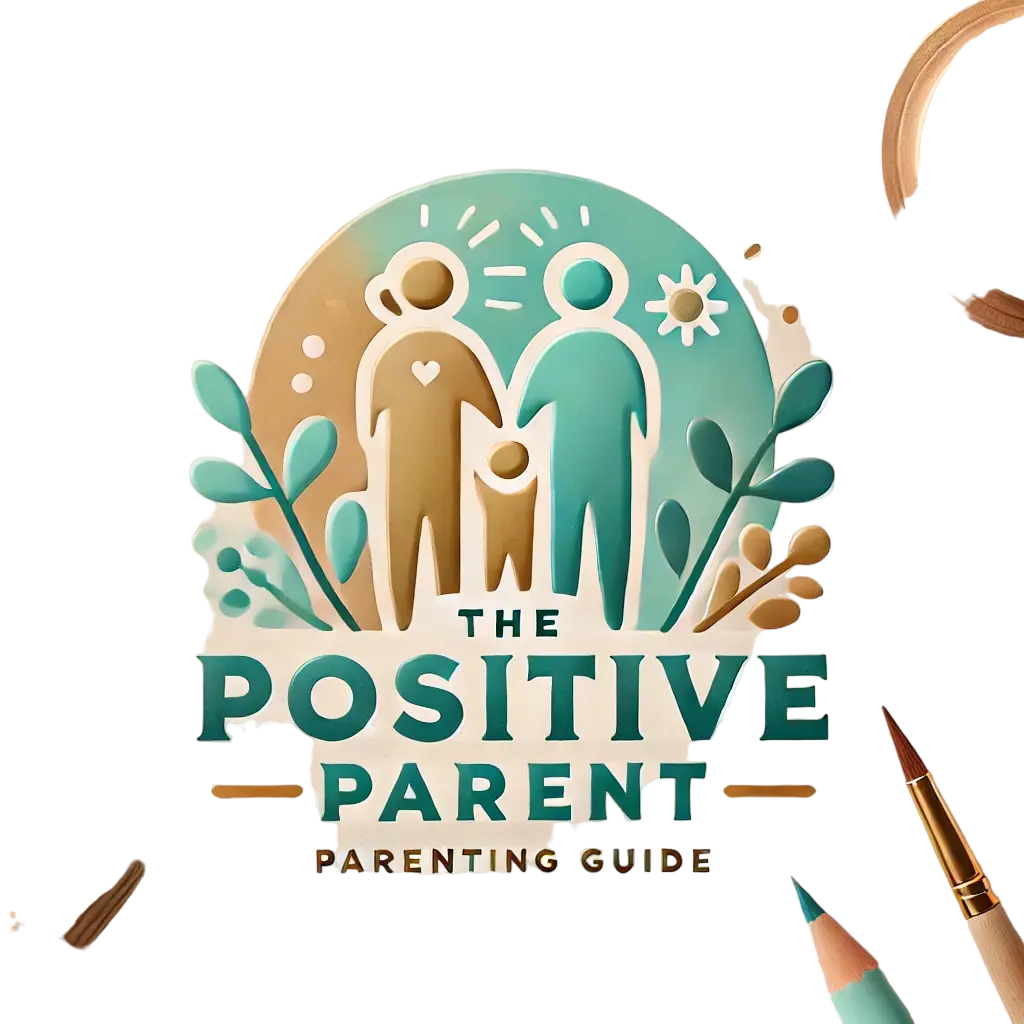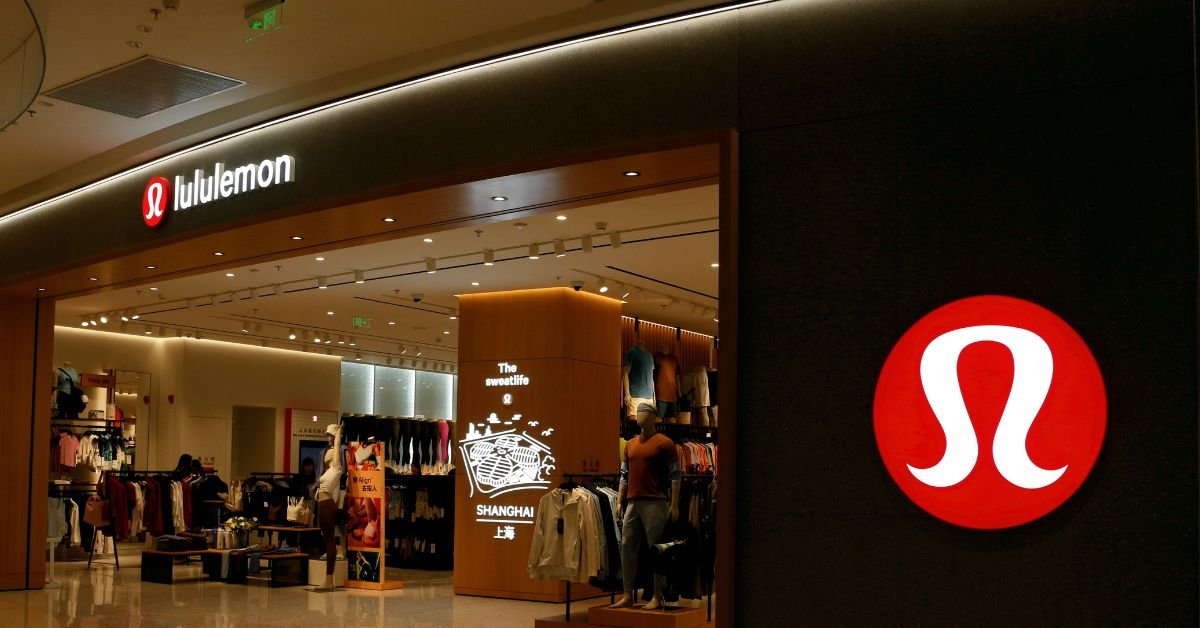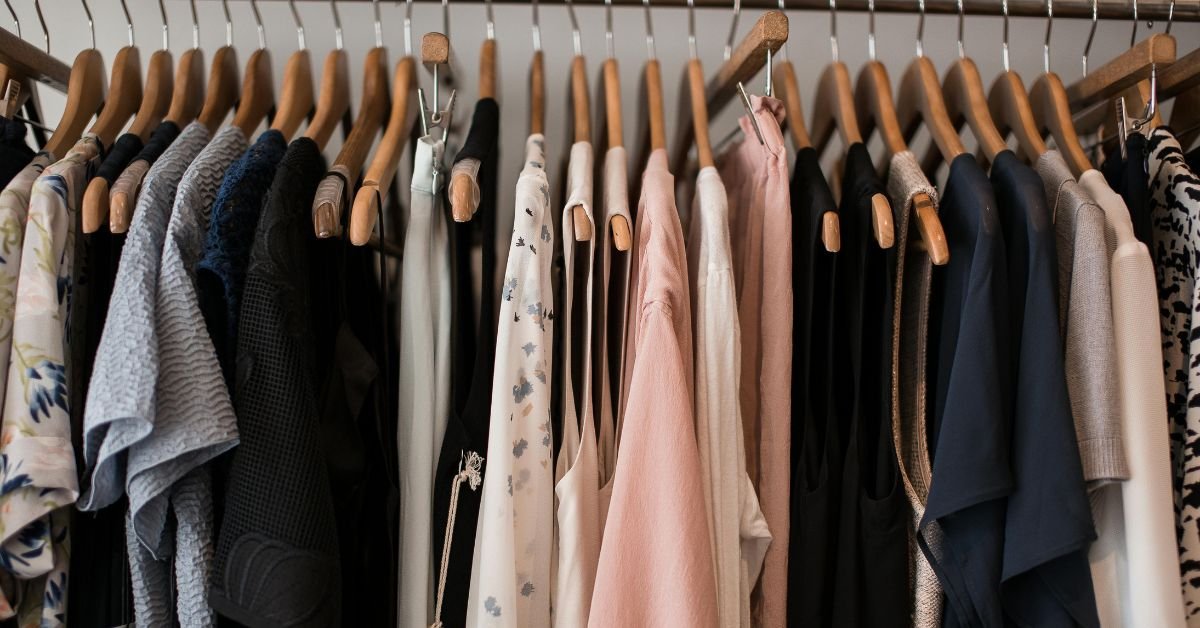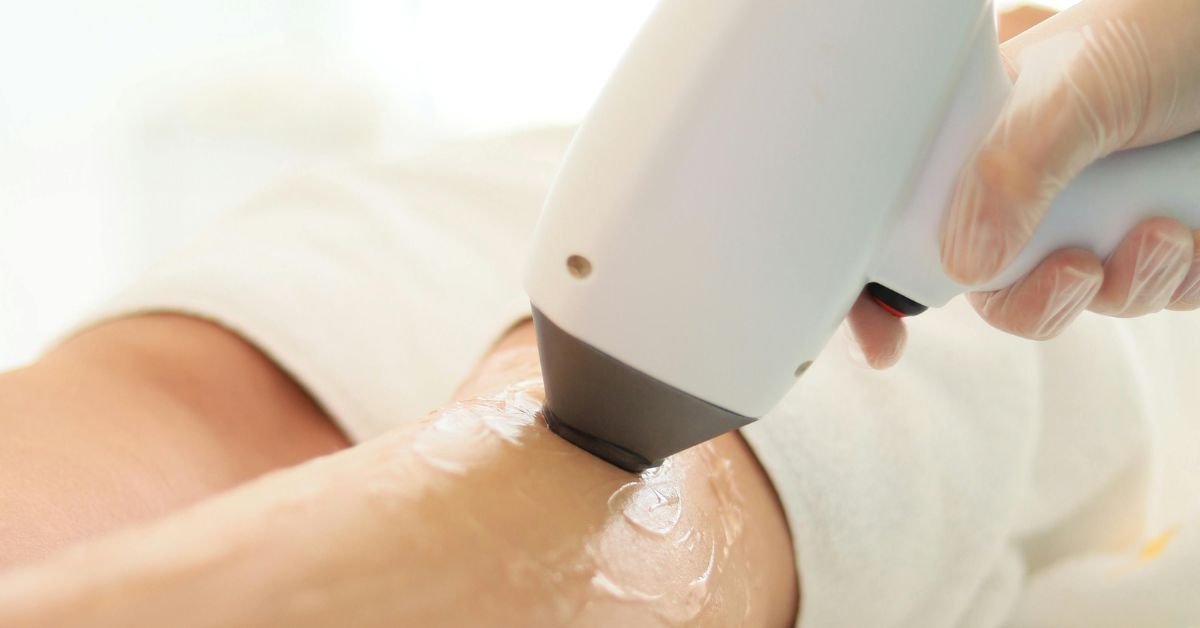Are Adult Piercings a Result of Having Strict Parents as a Teen?
Category
Categories

Exploring the Link Between Adult Piercings and Parental Influence During Adolescence
A recent discussion on the Australian podcast ‘Lise and Sarah’ sparked conversations surrounding adult piercings and parental upbringing. Let’s delve into this intriguing topic with insights from experts.
In a transformative trend, some mothers in their 40s are embracing a chic reinvention by opting for body piercings instead of a traditional makeover.
Hosts Lise Carlaw and Sarah Wills of the Australian podcast Lise and Sarah recently discussed the phenomenon of adults getting second piercings. Referring to it as the “second piercing theory,” they suggest a connection to a rebellious streak stemming from teenage defiance against strict parental rules against multiple piercings.
Wills highlighted this theory, stating, “I think it is the women who wanted seconds when they were teenagers but they had parents who didn’t let them. Now they’re in their 40s, or early 50s, and they’re like, ‘Screw it.'”
The notion of parental influence during adolescence impacting adult choices resonated with both commenters and experts, suggesting a possible correlation between strict parenting in youth and later decisions regarding personal expression through body modifications.
Rise of Moms Getting Piercings
Starr Ellis, the owner of Nine Moons Piercing in New York, has observed a growing interest in piercings among individuals in their 40s and 50s.
According to statistics from Philadelphia’s Infinite Body Piercing, individuals aged 35 to 44 accounted for approximately 12% of their clientele, with those aged 45 to 54 making up about 4%. Women were the predominant clientele across all age groups.
Additionally, there is a new trend where parents and children of all ages are getting piercings together.
Ellis mentions hosting mom and child piercing events where clients, from elementary school-aged children to moms in their 40s to 60s, get pierced together, often opting for matching piercings.
The decision to get piercings as an adult may be influenced by childhood experiences.
Embracing Confidence in Midlife: A New Chapter
Leah Rockwell, a therapist specializing in mothers and the founder of Rockwell Wellness Counseling, highlights that many women experience a newfound sense of confidence in midlife, where parental influences on decision-making diminish.
She emphasizes that insecurities and the need for approval that may have dominated one’s youth often fade away during this period. Exploring new ways to embrace personal appearance, such as additional piercings or other forms of body art, can symbolize a significant step into adulthood, where individuals establish their own rules without external influence.
Personal Empowerment through Piercings
The choice to get additional piercings in adulthood extends beyond parental opinion, according to Michelle Jackson, a clinical psychologist and co-founder of Westside Psych in Los Angeles. Women in their 40s and beyond navigating various life transitions, such as children growing up or career changes, may utilize piercings as a means to commemorate or acknowledge these significant life moments.
Piercings as a Symbol of Transformation
According to her, piercings can symbolize both a literal and metaphorical fresh start. In their 40s, many women tend to feel less constrained by societal norms and expectations.
Societal Acceptance of Piercings
Ellis notes that there has been a cultural shift towards accepting piercings, with body art spaces becoming more welcoming. Age is becoming less of a factor in people’s decisions, and there has been an evolution in the attractiveness of piercings and jewelry.
Fear of Reactions from Parents in Adult Life
Embracing piercings later in life has become a popular trend. After giving birth to her daughter, the author wanted to get a piercing but was advised to wait until she finished breastfeeding. Getting a new piercing symbolizes a way to reclaim her energy and follow a trend that is easy to maintain with small children. However, the author wonders what her mother’s opinion would be.
Having grown up with a mother who was against multiple piercings, going against those beliefs in her approaching 40s feels empowering and freeing in a subtle manner.
Listening to a podcast reassured the author that she is not alone in these feelings. Despite considering getting a second piercing in their 40s, the podcasters still worry about judgment from their families. One of them shared their fear of seeing their mom’s reaction, given their strict upbringing against piercings and tattoos.
Many followers of the Lise and Sarah Instagram account shared similar apprehensions and experiences in the comments section.
Personal Stories Highlight the Impact of Parental Approval on Adult Decisions
Sharing personal experiences on social media, individuals like @chillikiss and @sophiamcevoy reveal the lasting influence of parental approval on their decisions, even in adulthood.
Parental Approval Reverberates Through Adulthood
Psychologist Rockwell emphasizes that parental approval remains significant for many adults, regardless of their age. This influence can stem from childhood experiences with opinionated or controlling parents, leading to internalized messages about appearance and behavior.
Psychological Factors Contributing to Parent-Pleasing Behavior
Dr. Jackson points out that self-doubt, conflict avoidance, fear of rejection, and cultural or religious beliefs play a role in adult children seeking parental approval. These factors can shape individuals’ decisions and behaviors, even as they navigate life as independent adults.
“Influence of Parents on Adult Women”
According to Dr. Jackson, the desire to please parents is innate in most children and often continues into adulthood. Many women, as adults, still strive not to disappoint their parents.
Changing Parental Dynamics
As individuals age, including once rigid parents, they can undergo significant changes. Dr. Jackson advises mothers to communicate with their parents regarding their worries, as family dynamics can evolve over time. Parents might surprise you with different viewpoints compared to when you were young.
How To Break the Cycle With Your Kids
Even if you understand that your parents meant well, you probably don’t want your children to feel the same way you did growing up.
Rockwell suggests that to break the cycle with your own kids, it’s essential to maintain open lines of communication. She believes that rebellion arises when children feel unable to discuss things that contradict their parents’ opinions.
However, ensuring safety should never be compromised.
“Like in most situations, setting rules as a parent should find a balance between being strict and predictable while still allowing a child’s self-expression and independence,” she mentions. “I always aim for rules to be practical and appropriate for the child’s developmental stage.”
For instance, it might not be wise for a child with hygiene issues to get a piercing that requires proper care.
“If a parent enforces a rule solely based on how the choice might reflect on them rather than the child’s well-being,” Rockwell explains, “it’s something they should introspect on deeply.”
Infinite Body Piercing 2017 Piercing Statistics
At Infinite Body Piercing, a study was conducted in 2017 to analyze the trends and statistics related to piercing. The results shed light on various aspects of the piercing industry that are important for both professionals and enthusiasts.
Popularity of Piercings
The survey found that piercings continue to be a popular form of body modification, with a wide range of age groups showing interest. From teenagers to older adults, people of all ages are getting piercings to express themselves and enhance their appearance.
Common Piercing Types
Some of the most common piercing types remained consistent in 2017, with earlobe piercings being the most prevalent. Navel piercings, nostril piercings, and cartilage piercings also ranked high on the list of popular choices among clients.
Professional Piercing Studios
The statistics highlighted the importance of visiting professional piercing studios to ensure safety and hygiene. Clients were more inclined to choose reputable studios with skilled piercers to minimize the risks associated with getting a piercing.
Piercing Aftercare
One of the key findings emphasized the significance of proper piercing aftercare. Following the aftercare instructions provided by the piercer was crucial for the healing process and preventing infections or complications.
Conclusion
The 2017 piercing statistics compiled by Infinite Body Piercing underlined the enduring popularity of piercings and the importance of responsible practices in the industry. By following proper aftercare procedures and choosing professional studios, individuals can enjoy their piercings safely and stylishly.



